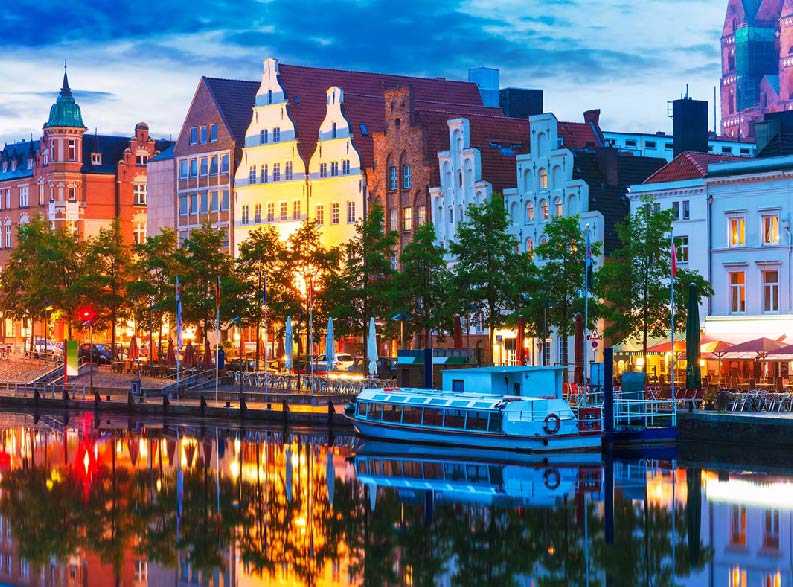Giuseppe Sandro Mela.
2018-09-19.
«Full preliminary results, including overseas and postal votes, showed the Social Democrat, Green and Left parties took 40.7% of the vote, giving them 144 seats, while the centre-right Alliance of the Moderate, Centre, Christian Democrat and Liberal parties won 40.3% and 143 seats»
*
«Both blocs are well short of a majority in the 349-seat Riksdag and whatever government finally emerges will need support either from members of the opposition bloc, or from the far-right Sweden Democrats whose 17.5% of the vote gave them 62 MPs, to pass new legislation»
* * * * * * *
Il parlamento svedese, Riksdag, conta 349 deputati: la maggioranza per poter governare parte da 175 deputati.
Lo avevamo scritto giorni prima delle elezioni elettorali, e preconizzammo ciò che adesso sta succedendo.
Svezia. Due lezioni che resteranno inascoltate.
Svezia. Il terrore degli eurocrati la conta lunga.
«Se i Democratici svedesi (Sverigedemokraterna, SD) riusciranno a superare il 15% sarà già per loro una grande vittoria, ma se passassero il 20% sarebbe un vero e proprio trionfo.
E possono vincere? No, ma sicuramente intralciare la maggioranza che uscirà dalle urne. Rimasti a lungo fuori dal parlamento, gli Sverigedemokraterna avevano già fatto parlare di sé nel 2014, con 42 seggi e il 12,9% dei consensi. Nessuno prende in considerazione una loro vittoria domani, ma i sondaggi parlano di un balzo fino al 20% dei consensi. Si tratterebbe al massimo di una 70ina di seggi, meno della metà dei 175 necessari. Eppure quanto basta per “ricattare” su determinate decisione una probabile coalizione formata dai socialdemocratici (dati intorno al 25%, il minimo storico), i verdi e altre forze della sinistra. Non si esclude neppure l’ipotesi di una sorta di grande coalizione alla tedesca fra centrosinistra e centrodestra, con l’intenzione di escludere il partito e le sue interferenze sul governo»
* * * * * * *
L’epicrisi è il giudizio conclusivo che si desume da una somma di giudizi parziali.
Apprestiamoci quindi a fare l’epicrisi della attuale situazione svedese, tenendo però conto che tutte le realtà umane hanno sempre un ché di imprevedibile.
Come avevamo preconizzato dalle proiezioni preelettorali, SD, Svezia Democratica, ha conseguito 62 deputati, portandosi al 17.5% dei suffragi.
Lo schieramento di sinistra, ad ideologia socialista, ha ottenuto 144 seggi, mentre quello di centrodestra, liberal, ne ha conseguiti 143.
Nessuno di questi due schieramenti intende colloquiare con Svezia Democratica, ma nemmeno desiderano formare un governo di Grande Coalizione, almeno per il momento.
In questa situazione di muro contro muro, lo stallo è evidente.
* * *
«Stefan Löfven, the Social Democrat prime minister, rejected a demand from Ulf Kristersson, the Moderate party leader, to step aside and help the centre-right alliance form a viable government, saying it would be “illogical” for the larger bloc to facilitate an Alliance government. “You can discount that idea absolutely,” Löfven said»
*
«But Kristersson, the centre-right’s candidate for the premiership, said it was “natural” for the Alliance to now seek a mandate to build a government. “We want the government to respect the result and resign,” he told a news conference.»
*
«The prime minister had earlier said he believed the election result marked the end of Sweden’s traditional system of political blocs, which has been severely destabilised by the steady rise of the anti-immigration Sweden Democrats.»
*
«A “grand coalition” of the Social Democrats and Moderates could also lend credence to the Sweden Democrats’ claim to be the only true opposition»
*
«There are only two choices: victory or death»

2 pensieri riguardo “Svezia. Adesso è caduta nel limbo politico.”
I commenti sono chiusi.